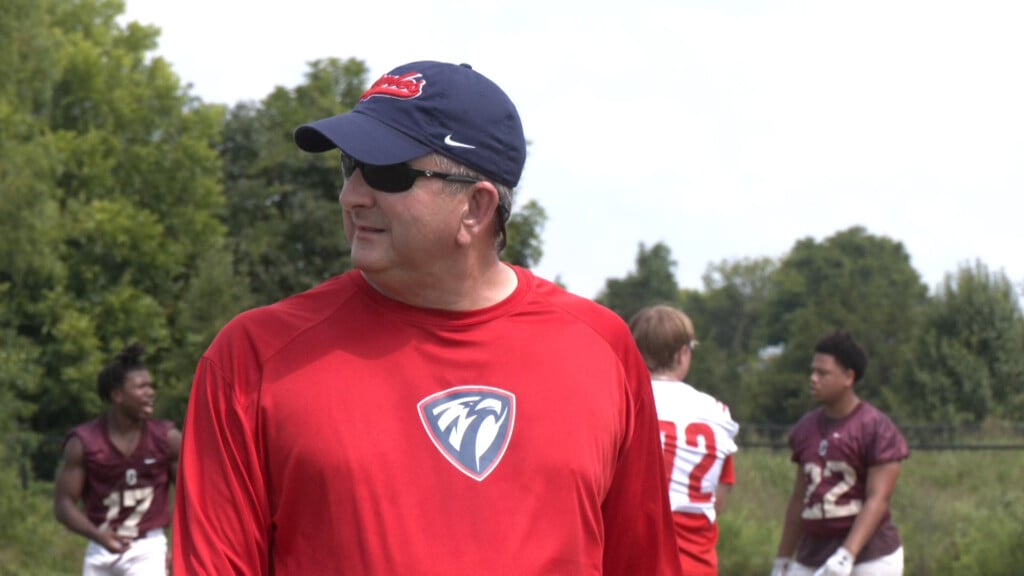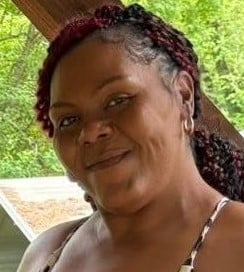He said, ze said: Faith Salie on preferred gender pronouns
Hi, I’m Faith, and my pronouns are “she” and “her.”
It’s increasingly commonplace for folks to inform you by what pronoun they’d like to be addressed. And also to inquire, as in, “Pleasure to meet you; what are your pronouns?”
A growing number of people place signatures on their emails that list their pronouns. Most American universities invite students to register and announce their “PGPs” – preferred gender pronouns. Signs on campuses declare, “Pronouns Matter” and “Ask Me About My Pronouns.”
Some people don’t identify as gender-binary – that is, as male or female – and prefer to be called “they.” Some want to be called “ze” rather than she or he. There’s also “hir.” In Sweden, they often use the gender-neutral “hen,” starting in nursery school.
Even in the 1800s, linguists were trying out the inclusive “hiser.” Catchy!
Yes, these pronouns can get tricky. If you’re a grammar geek like me, it can feel uncomfortable to refer to a single person as “they” (as in, “It’s my friend Dani’s birthday, and I would like to give them a gift”).
If you’ve assumed someone is male, it can feel unusual to call that person “she” or “ze.”
Seems like a lot of pronouns! But don’t fear a slippery slope. In a Harvard survey of 4,000 students, just over 1% preferred pronouns that were not “he” or “she.”
And if this pronoun stuff is confusing, that’s okay! We don’t have to understand someone in order to respect her, or him, or them.
Preferred pronouns aren’t going away, because cultural changes that involve shedding light on the human condition generally stick around.
For more info:
Story produced by Young Kim and Julie Kracov.
© 2019 CBS Interactive Inc. All Rights Reserved.





Leave a Reply